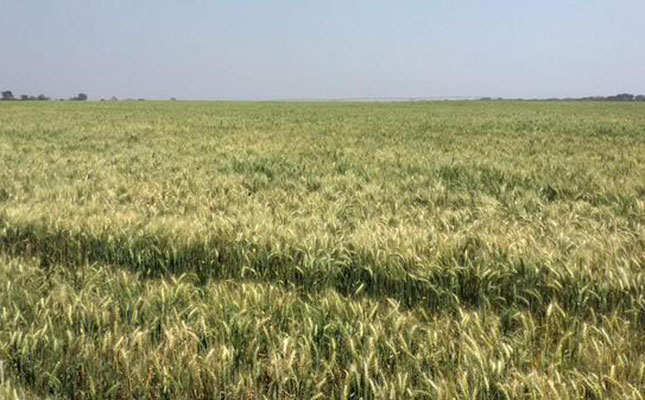
Under the agreement, about 300 000t of wheat could enter South Africa duty free. However, role players in the grain industry have raised concerns about who will actually be benefitting from this agreement.
Chairperson of the Grain SA winter cereals working group, Andries Theron, told Farmer’s Weekly that the duty-free wheat imports could not have come at a worse time for producers.
The effects of the drought along with pressure on international prices were exacerbated by local protection measures not being sufficient to help keep wheat farmers in business, he said.
Agbiz agricultural economist, Wandile Sihlobo, explained that quota allocations [under the agreement] were done on a first come, first served basis.
“That was the scenario with last season’s quota. Now looking forward, I know that SARS is engaging with the industry to look at that and make sure some of those things are corrected to ensure that everyone gets an equal share,” he said.
Speaking about the wheat market in general, Sihlobo said there had been a price rally over the past few weeks, but the longer term picture remained fairly gloomy for local producers.
Ongoing dry conditions in the EU and the US were placing newly planted spring wheat under pressure which had resulted in uncertainty in the markets, he said.
“[Locally], you have the dry conditions in the Western Cape, inputs were bought at higher prices, [while] globally nobody knows – as soon as rainfall arrives in the US Midwest we could see a bit of recovery there. [SA] is already sitting with higher stocks from last year and [global] production is set to be about 740 million tons,” he said.










